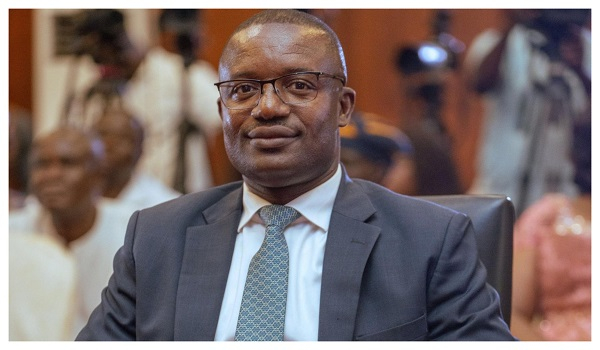
In a bold political move, U.S. Representative Maxine Waters has presented legislation aimed at curtailing the crypto activities of top government officials. Known as the “Stop Trading, Retention, and Unfair Market Payoffs in Crypto Act of 2025,” or the “Stop TRUMP in Crypto Act,” this proposal emerged shortly before a high-profile crypto gathering hosted by former President Donald Trump, igniting intrigue in political circles.
What Does the Proposed Law Entail?Does Trump Face Specific Scrutiny?
The legislation sets strict boundaries for the President, Vice President, and Congress members, alongside their immediate families, banning them from holding, promoting, or creating cryptocurrencies during their terms. These measures aim to prevent any undue financial advantage gained from their positions.
By enforcing these restrictions, the bill seeks to curb any potential for government officials to exploit their official standing for financial gain in the expanding crypto market. This legislative approach targets not only unethical practices but also intends to set a precedent for how crypto might be governed.
Indeed, the bill’s timing with Trump’s planned crypto event and its naming suggest a direct connection to Trump’s crypto-related actions, indicating that the legislation may specifically address high-profile figures like him.
This proposal serves as a flashpoint in broader ethical debates amid the growing intersection of politics and cryptocurrency. Concerns about conflicts of interest have risen as more U.S. officials engage with crypto assets, prompting some lawmakers to call for rigorous regulatory frameworks.
• Transparency and fairness are crucial for managing crypto markets effectively.
• The public interest should guide policymaking to prevent exploitation of official power.
• Increasing scrutiny of political figures’ involvement with cryptocurrencies may spur similar international regulations.
Although the bill suggests heightened scrutiny on crypto engagements by officials, response from the public and industry is divided. While certain factions advocate for stringent regulations, others fear potential innovation roadblocks.
Financial industry voices express concern over possible trust erosion if officials hold crypto assets, whereas tech experts call for adaptable legislation rather than outright bans. With regulatory dialogues anticipated to intensify, the prospect of this bill becoming law appears slim given the current Republican stronghold in Congress.
Anticipation is building around how regulatory bodies will balance comprehensive oversight with innovation encouragement. These issues are likely to amplify discussions on ethical standards for public figures, setting a stage for possible global regulatory harmonization in the crypto domain.
The information contained in this article does not constitute investment advice. Investors should be aware that cryptocurrencies carry high volatility and therefore risk, and should conduct their own research.
Source: https://en.bitcoinhaber.net/new-bill-shakes-up-u-s-crypto-landscape










